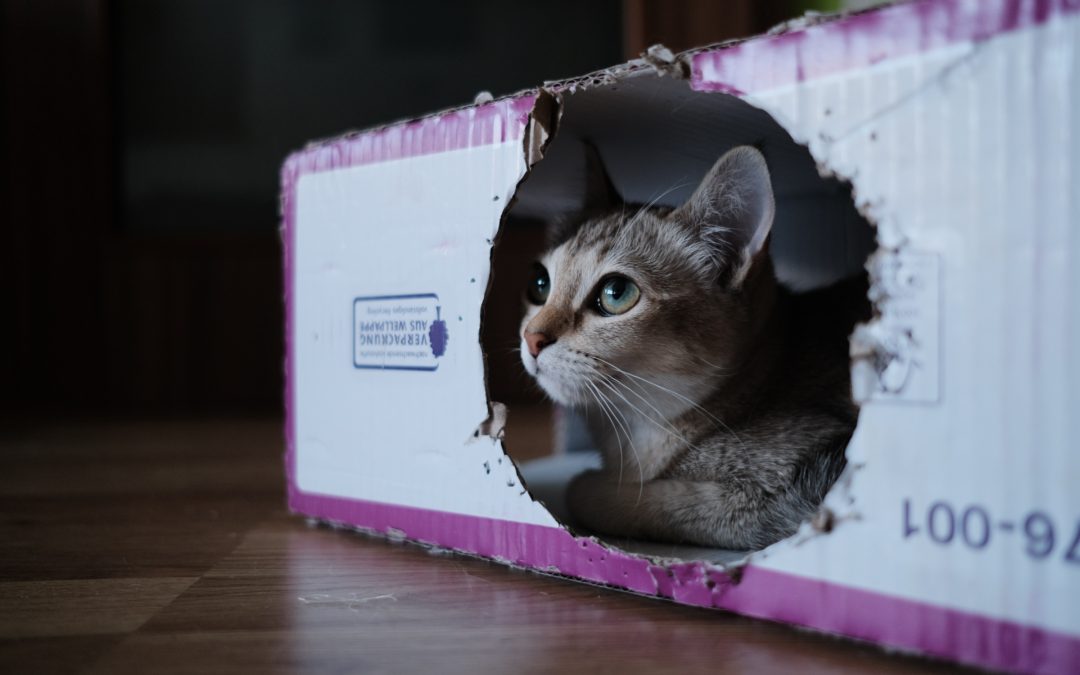As a veterinary technician, questions I’ve been asked regularly by pet owners include, why do kittens need a series of vaccines or why do kittens need to come in multiple times for vaccines? These are great questions.
Understanding the importance of a vaccination schedule, and following through with the entire vaccination series is vital to your kittens health.
Did you know kittens less than 6 months old are more susceptible to infections than adult cats, and typically develop more severe disease?
Vaccinations stimulate their immune system to fight off diseases and prevent serious illness and even death.
How are kittens protected from these diseases before getting vaccinated?
Newborn kittens receive immunity from their mother’s milk through maternally derived antibodies (MDA). These antibodies will help to keep them safe for a few weeks to several months. At this point they will need to develop their own protection, which is where vaccines come in.
The level of protection from maternal antibodies varies for each kitten and may interfere with, or neutralize vaccines. For example: kittens that still have a high level of MDA in their system, will not respond to the vaccines and are susceptible to disease.
The age at which a kitten will respond to the vaccines will vary as well. For this reason, it is necessary to vaccinate multiple times up to the age of 16 weeks to ensure immunity.
The older they get, the better their immunity to these diseases because their immune systems mature and levels of MDA are significantly lower. Similar to MDA interference, giving vaccines too close together can result in less immunity.
What is the optimal frequency of kitten vaccines?
Typically your veterinarian will vaccinate your kitten every 3-4 weeks starting as early as 6-8 weeks of age through 16 weeks of age. Each kittens vaccine schedule will vary depending on what age they begin the first vaccine in the series.
Which vaccines will my kitten need?
Your veterinarian will help you decide which vaccines your kitten needs based on a multitude of factors. Some of these include age, size, lifestyle, potential travel plans, diseases that are common in your area, and more.
Did you know that even cats that live totally indoors still require regular vaccinations? Indoor cats can still be exposed to diseases from boarding, travel, interaction with other cats, and other house inhabitants, including you, can bring viruses dangerous to your cat into the home.
What is the difference between core vaccines and non-core?
Core vaccines protect against infectious diseases that are more common, easily spread, and debilitating/devastating. They are recommended for all cats and kittens regardless of location, lifestyle, etc.
Core vaccines include:
- Panleukopenia (FPV)
- Herpes Virus (FHV-1)
- Calicivirus (FCV)
- Rabies (this vaccine is required by law in some areas)
Non-core vaccines protect against infectious diseases and are recommended based on certain risk factors that apply to your kitten, as detailed above.
Non-core vaccines include:
- Feline Leukemia Virus (FeLV)
- Feline Immunodeficiency Virus (FIV)
- Chlamydia felis
- Bordetella bronchiseptica
Once my kitten has completed the vaccination series, what is next?
Once your kitten completes the entire vaccination series, your veterinarian will determine which vaccines they will need as an adult. Note that even when vaccinations aren’t due, it remains important to take your adult cat for a yearly exam.
Because pets, and cats in particular, don’t show signs of illness, a yearly exam is key to ensuring your pet’s continued good health. Click here to learn about signs of illness or injury that you should be looking for.
What questions do you have about your kitten? We’d love to hear from you!


Recent Blog Comments